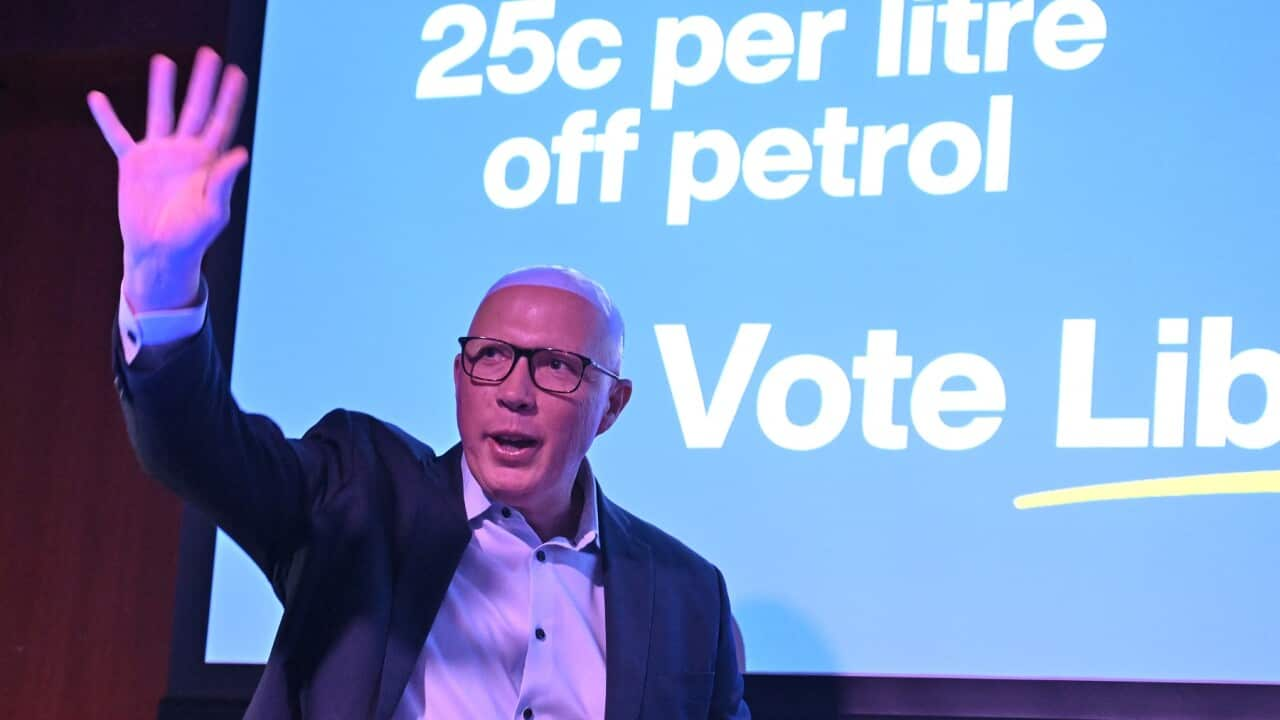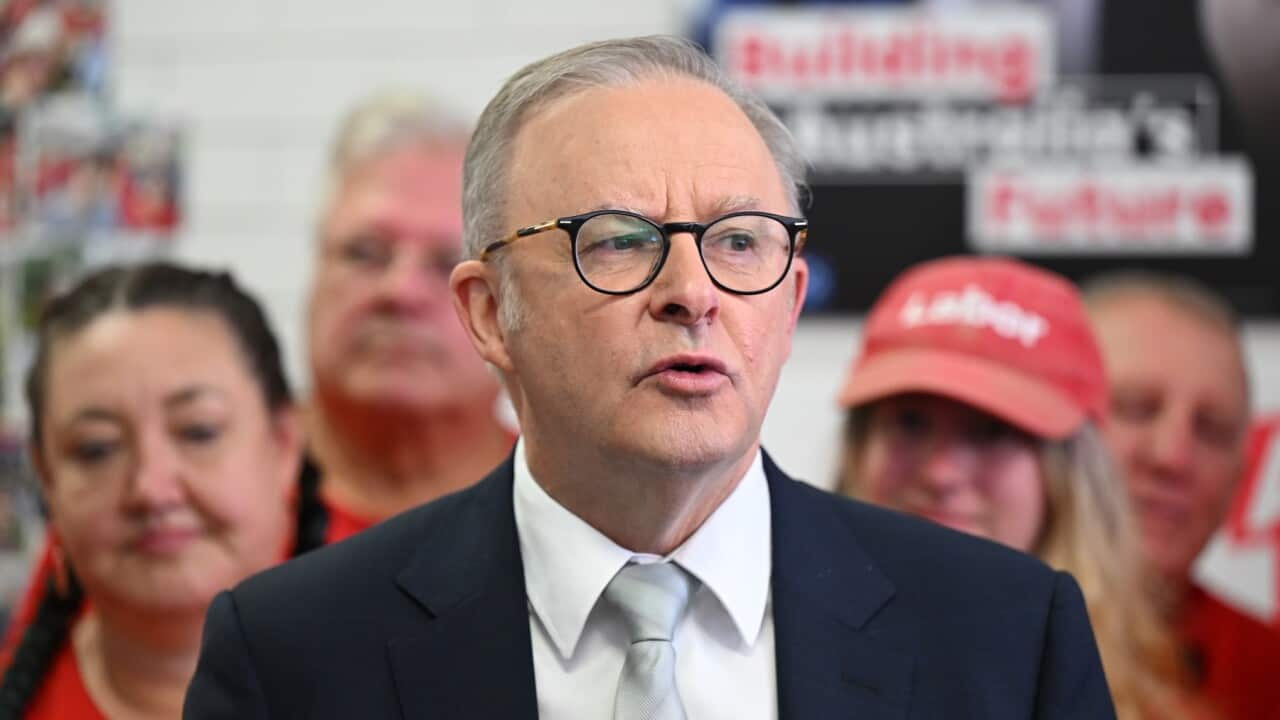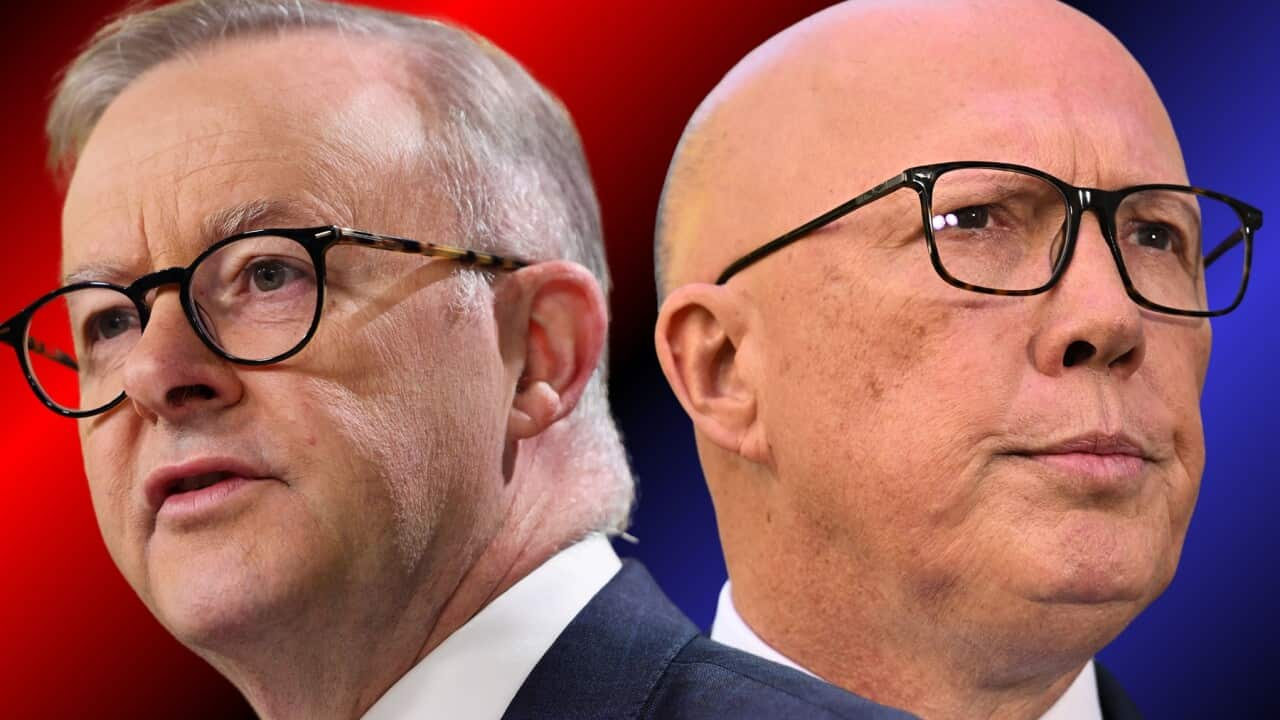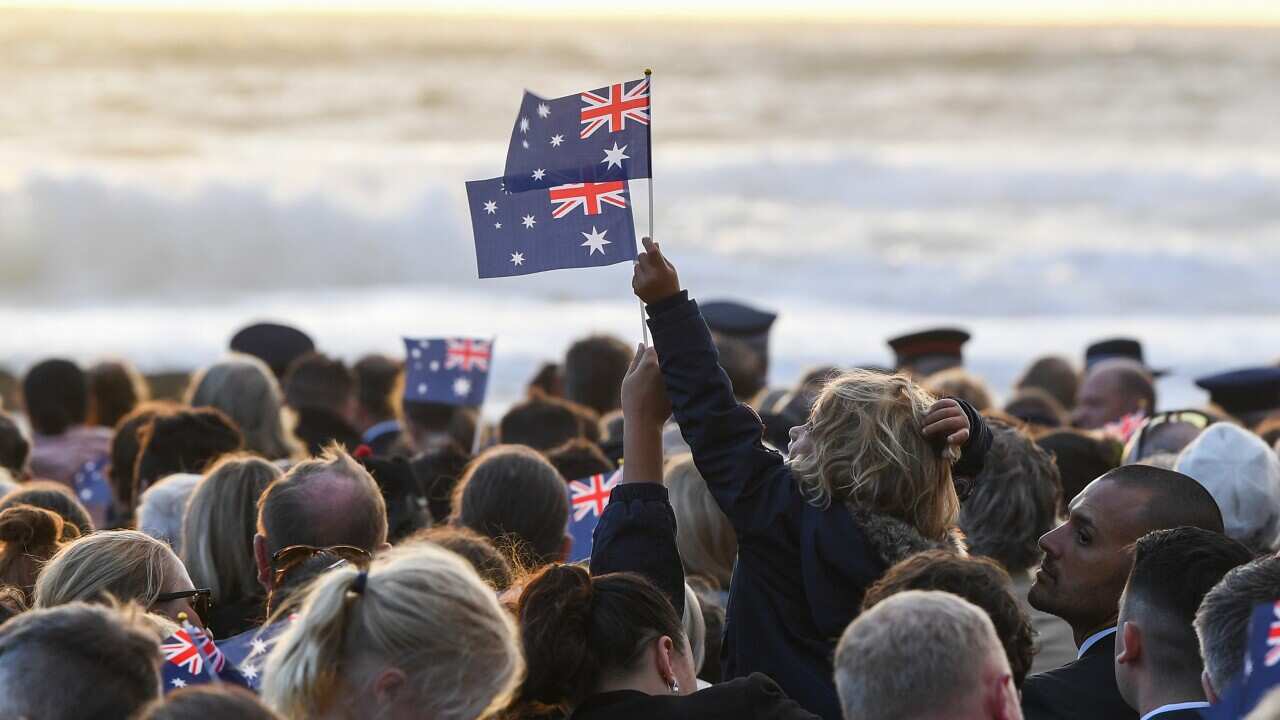TRANSCRIPT
It's been called the cost-of-living election- but that's not all it's about.
Producers of more than 50 S-B-S language programs have asked their audiences about some of their other key concerns that have flown under the radar in campaigning by the major parties.
The first issue raised was visas for family members trapped abroad.
Nan Mu Kay Tu Sein’s family was granted asylum in Australia in 2007 as part of a humanitarian pathway in response to violence in Myanmar.
She told S-B-S Karen that Saturday’s federal election comes with hope that the winner will open a new humanitarian pathway for Karen refugees who are fleeing an ongoing civil war and devastation from a recent deadly earthquake.
KAREN TRANSLATED TO ENG: "For Karen, considering our current circumstances, having relocated to this country, we enjoy freedom and peaceful coexistence. However, reflecting on our people who remain behind, they are deprived of freedom and peaceful existence. Over the past decade, if I recall correctly, the Australian government, through its refugee resettlement program, accepted Myanmar refugees, enabling Karen people to settle here. The government had stopped this resettlement program for an extended period. We hope the new government will reopen the door for Myanmar refugees residing in Thai-Burmese border refugee camps. We sincerely hope the new government will devise a plan or pathway to accept additional Karen refugees into this country."*
The topics of humanitarian visas and family separation were also key focuses of Pashto-speaking audiences, for whom many have family in Afghanistan awaiting responses to their Australian Humanitarian visa requests.
Meanwhile, among S-B-S Hindi, Punjabi and Telugu audiences, promises of a cap on the intake of international students by Labor and the Coalition are a focus.
Last year, Labor announced it would cap international student numbers at 270,000 from 2025.
And the Coalition have pledged to further slash the number of foreign students taken in each year by 30,000 if they win the election.
Tushar Joshi is a second-year P-H-D candidate at the University of Melbourne and he told S-B-S Hindi that the political debate has forgotten the contribution of international students.
He also fears these caps could harm Australia's fourth largest export - that of education.
"While I’m fortunate to be studying here in Australia, I do feel a sense of concern and sadness for many aspiring international students from my country, India and elsewhere who see Australia as a top destination for higher education. These measures like increasing visa fees or capping student numbers may risk sending wrong signals to these future potential international students and it may affect Australia's reputation as a welcoming, world-class education destination."
And elsewhere in the Indian-Australian community, Poornima Menon - Vice President of the India Australia Business Council - told S-B-S Hindi the issue of violence against women has slipped out of the focus of major parties.
"As a woman and as a South Asian woman made a important topic for me would be domestic violence. There is so much of that happening in a community. Let's say it's Dowry abuse, it's in-laws abuse, it's spousal abuse, whatever is there. I don't see anything happening. I don't see any on the ground changes that is happening. People don't understand. They think, oh, it is cultural. Such things happen in India, but this is not India. This is Australia. Domestic violence happens in all communities."
She says she hopes for a community-led and culturally-aware response targeting gendered violence in the South Asian community.
"I think we need to have more people who understand the culture. Working with the community doesn't have to be only a woman, because I feel if we have to address domestic violence, we need equal participation of men as well. Whenever we talk about domestic violence, we always talk about the victim. We don't talk about the perpetrator."
Another key issue raised by S-B-S's Italian, Korean, Greek, Macedonian and Polish communities was a lack of adequate aged care options for elder relatives.Several responses mentioned delivering the recommendations of the Aged Care Royal Commission in 2021, as well as improving the quality of care and mitigating admission costs.
The Royal Commission found the current Aged Care Act and its related legislation is no longer fit for purpose, with the new Act set to come into place from July 1.
The new laws will aim to improve the ways services are delivered to people in their homes, community settings and approved residential aged care homes.
Harry Danalis - the President of the Greek Orthodox Community of New South Wales - says further reforms to the aged care sector are top of mind for Greek-Australians.
"We have an aging population and it's fine if they're able to look after themselves at home, but if they're not able to look after themselves and the numbers are getting bigger and bigger by the day, they have to be admitted to a hostel or an aged care facility or nursing home. And there are not enough beds to go around for the demand that's out there for the Greek community. So it's a matter of vital importance."
Of the 900,000 people who receive government welfare and have income from other sources, about 460,000 are aged pensioners.
The maximum fortnightly rate for a single pensioner is $1,149, and for a couple it's $1,732, although a person’s income and assets will affect how much you receive.
Mr Danalis believes this rate is far too low for aged pensioners to survive on.
"We all know how the cost of living has spiralled and the cost of living is no easier for the pensioners and many of them have to forgo things that they would normally spend on many times food and other times other necessities because they just can't survive on the level of the pension that it is at the moment.”
And in the Russian-speaking community there was a focus on populism and how realistic a number of election campaign promises are.
A Melbourne voter, Evgeniya, told S-B-S Russian that she looks beyond populist statements in policy announcements.
"If some kind of tax cut is proposed, then it should be explained: at whose expense, from whose pocket, how it will work. I look at where more complex long-term solutions are proposed, because this is the reality in which we live. Political historical experience shows that quick, instant solutions do not bring profits. The first thing I look at is the formation of the budget. The second is what solutions are proposed to reduce the cost of living, how they work with inflation."













